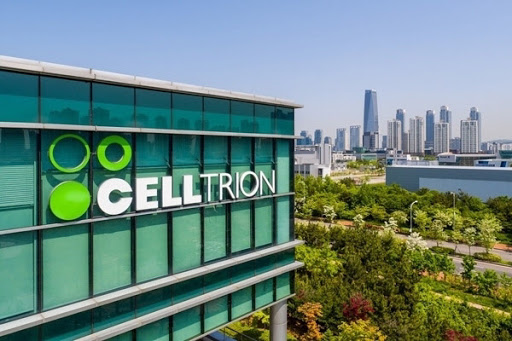Celltrion said it has completed its application for marketing authorization to the European Medicines Agency (EMA) for CT-P47, a biosimilar referencing Actemra.

Roche's Actemra (ingredient: tocilizumab), known as RoActemra in Europe, is approved for a wide range of conditions, including rheumatoid arthritis (RA), giant cell arteritis (GCA), systemic juvenile idiopathic arthritis (sJIA), polyarticular juvenile idiopathic arthritis (pJIA), cytokine release syndrome (CRS), and Covid-19.
The drug generated global sales of approximately $2.8 billion in 2022, according to IQVIA, a drug market research firm.
Celltrion decided to apply for approval based on the results from a global phase 3 clinical trial that demonstrated the biosimilar's equivalence and similarity to the original Actemra in treating rheumatoid arthritis, involving 471 patients.
Following a successful submission to the U.S. Food and Drug Administration (FDA) last month, Celltrion has now completed applications for both major markets, marking a significant step towards its goal of global expansion.
Celltrion anticipates that approval of CT-P47 in key markets will not only add to its existing portfolio of TNF-α (tumor necrosis factor-alpha) inhibitors but also include interleukin (IL) inhibitors, thereby strengthening its position in the global autoimmune disease treatment market.
With Actemra available in both subcutaneous (SC) and intravenous (IV) forms, Celltrion plans to offer CT-P47 in these two formulations as well. The company expects that this strategic move is expected to meet the diverse needs of patients and healthcare providers alike.
“We are pleased to announce that we have completed the submission of the marketing authorization application for CT-P47 in the U.S. and Europe, expanding our autoimmune disease portfolio,” a Celltrion official said. “We look forward to discussions with regulatory authorities in each country to accelerate the remaining approval processes and ensure that high-quality biologics can be brought to the global market as soon as possible.”
After the merger between Celltrion and Celltrion Healthcare, the integrated Celltrion is currently focusing on continuous product development and investment, the company aims to expand its biosimilar portfolio to 11 products by 2025 and achieve a goal of 22 products by 2030, targeting annual sales of 12 trillion won ($9 billion).
Related articles
- Celltrion's partner Rani Therapeutics releases encouraging P1 results for oral Stelara biosimilar
- Celltrion supports startups picked for Open Innovation Program
- Celltrion seeks FDA nod for Actemra biosimilar to treat autoimmune diseases
- Celltrion strengthens partnership with WuXi XDC to develop ADCs
- Celltrion’s Remsima SC wins nod for inflammatory bowel disease in Canada
- Celltrion Pharm gets 3-month suspension for failing to supervise aspirin manufacturing partner
- Celltrion presents new Remsima SC study results at ECCO
- Celltrion applies for Actemra biosimilar CT-P47’s sales license in Korea

